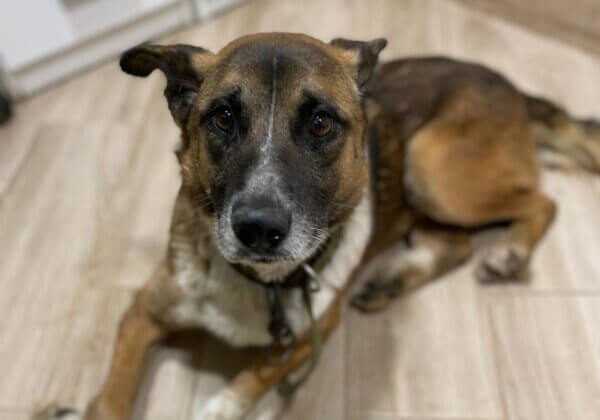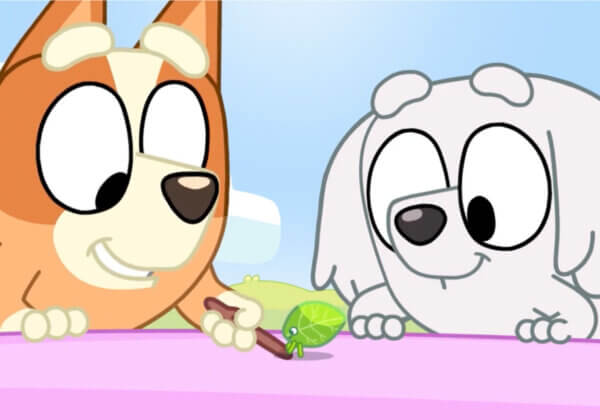A Slice of Buttock for Albo – Ingrid Newkirk’s Unique Will Got a Rewrite
On the 20th anniversary of the writing of PETA founder Ingrid Newkirk’s original will, she’s revised it to help even more animals in even more highly creative ways. She’s putting her whole self into her final wishes: here are some of the shocking ways that her body will be divided up after her death to continue her campaign for compassion.
An ear to King Felipe VI of Spain, her lungs to the governor of Alaska, a piece of her heart to Elon Musk, and even a slice of one of her buttocks to Prime Minister Anthony Albanese. Although grisly at first glance, Newkirk’s bodily bequests will inspire animal advocates while also encouraging everyone still slumbering in speciesism to wake up.

The will ensures that even after her demise, Newkirk will continue to help animals and honours her wish that “my body be used in a manner that draws attention to needless animal suffering and exploitation”. Her will includes the following bequests:
A slice of her buttock sent to Australian Prime Minister Anthony Albanese or his successor
This slice will be a reminder that sheep in the Australian wool industry still endure painful mutilations like mulesing, during which workers cut chunks of flesh off lambs’ hindquarters with shears in a crude attempt to prevent flies from laying eggs in the sheep’s wet, wrinkly, skinfolds – which are caused by breeding them to produce excessive amounts of wool.
Mulesing is often performed without pain relief, even though the sheep may suffer for days. Many years ago, Australian wool-industry officials promised to phase out mulesing – already banned in New Zealand – by 2010, but most lambs in Australia are still subjected to this torment.
PETA’s latest video exposé of the wool industry reveals that shearers violently kicked gentle sheep, punched them in the face, and sheared them so haphazardly they were left with deep cuts and gaping wounds. One sheep was even pregnant and likely in labour while being shorn. Another writhed in pain and terror as a shearer crudely stitched up a gaping wound with a blunt needle and without any pain relief. Wool production is bloody, violent, and lethal. It’s easy for shoppers to drop wool in favour of superior vegan materials that animals don’t suffer and die for.
Carve out and sear some of her flesh to fry up with onions for a human barbecue
As cows, pigs, chickens, and other animals continue to be treated badly and killed for meat, eggs, and bovine mammary secretions, the thought of carving up human flesh for steaks might be just the thing to jolt diners into kindness. “Flesh is flesh, and mine is given, not taken,” says Newkirk.
A watchful eye sent to the US National Institutes of Health (NIH) because it needs to know that PETA will be constantly watching.
One of Newkirk’s eyes will be watching until the US federally funded NIH stops financing and conducting billions of dollars’ worth of painful experiments on animals every year and channels that taxpayer money into state-of-the-art, superior, non-animal methods. NIH imprisons hundreds of thousands of animals in US government laboratories and funds animal laboratories all around the world.
Nearly half of NIH’s budget – about $19 billion annually – is used to fund experiments in which animals are burned; electroshocked; deprived of food, water, or sleep; intentionally infected with diseases; addicted to drugs like cocaine and heroin; poisoned with industrial chemicals; and driven insane from their isolation in small, barren cages. More than 90% of these tests provide no useful data for developing new treatments for human patients, but they inflict an enormous amount of terror, agony, and suffering on millions of animals locked in laboratory cages and awaiting the next cruel procedure before they’re ultimately killed.
Although you could draw up a will similar to Newkirk’s in order to help animals after you’ve died, there are actions inspired by her document that you can take right now to help everyone get the most out of life. Here are three to get you started:






